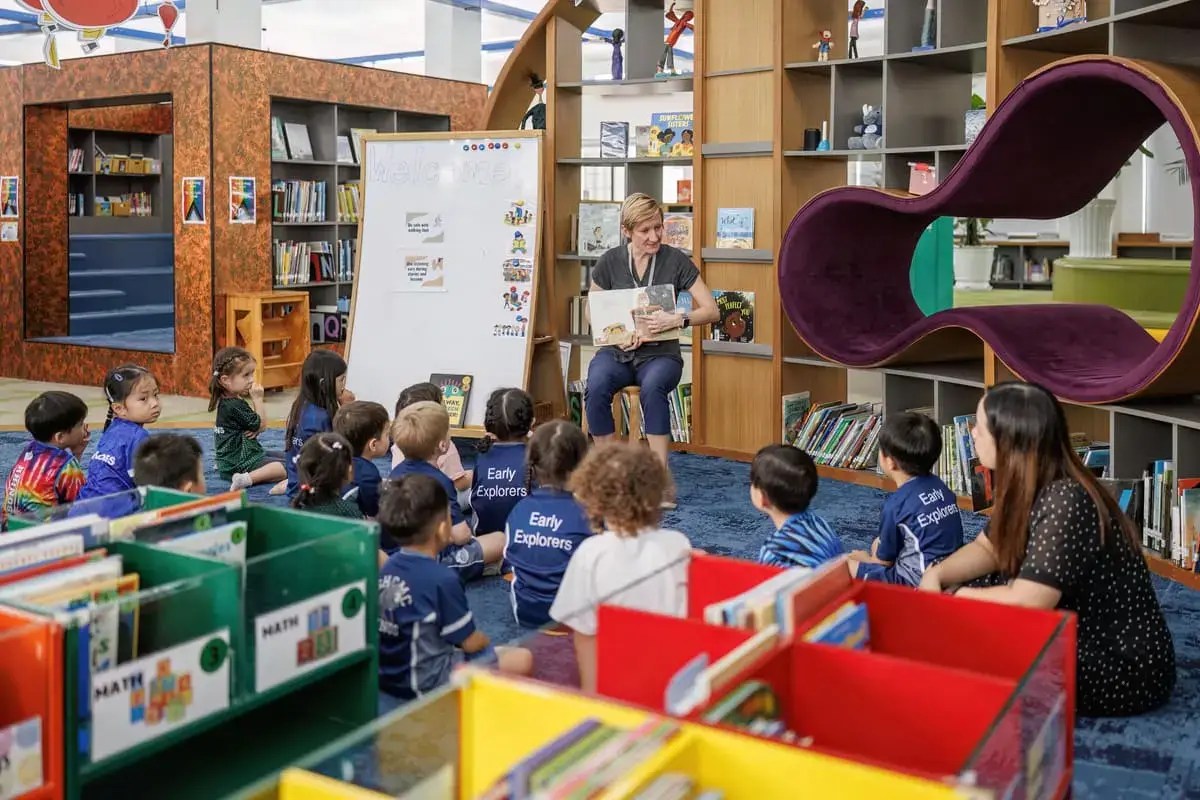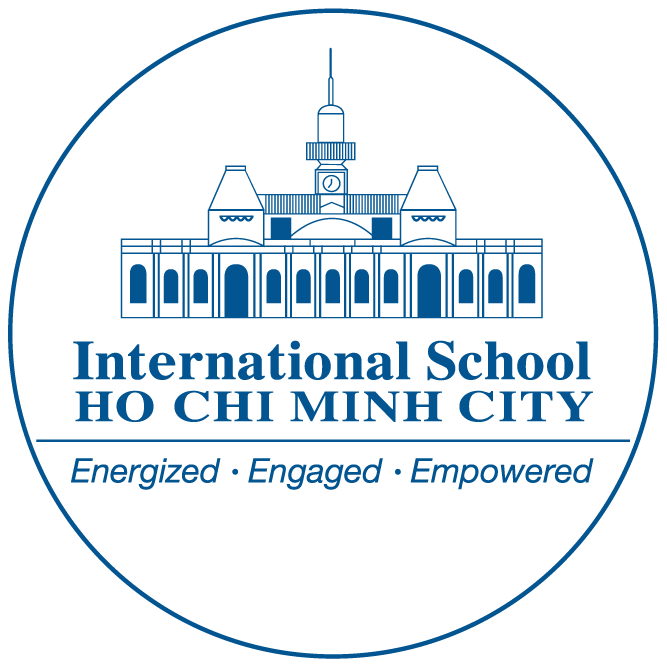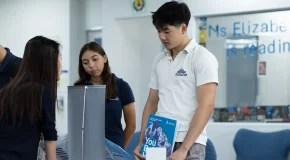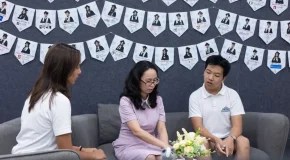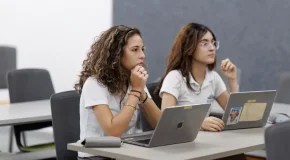Top 7 Ways To Prevent Summer Learning Loss For Students
Summer allows students to shift out of structured routines. While this break can benefit well-being, it often leads to a measurable drop in academic progress. Educators and researchers refer to this as summer learning loss. Without regular reinforcement, students begin the school year at a disadvantage, especially in reading and mathematics.
Families play an important role in helping children maintain progress. The article outlines 7 strategies to support meaningful learning during the summer months. These practices encourage students to apply what they know, explore new interests, and build the confidence they need for a strong return to school.
What Is Summer Learning Loss?
Summer learning loss refers to the decline in academic skills that occurs when students spend extended time away from structured school learning. Studies from organizations such as the Northwest Evaluation Association and Brookings Institution show that students can lose between 20 and 30 percent of the progress made during the school year. Summer learning loss impacts mathematics more than reading and starts early in a child’s education.
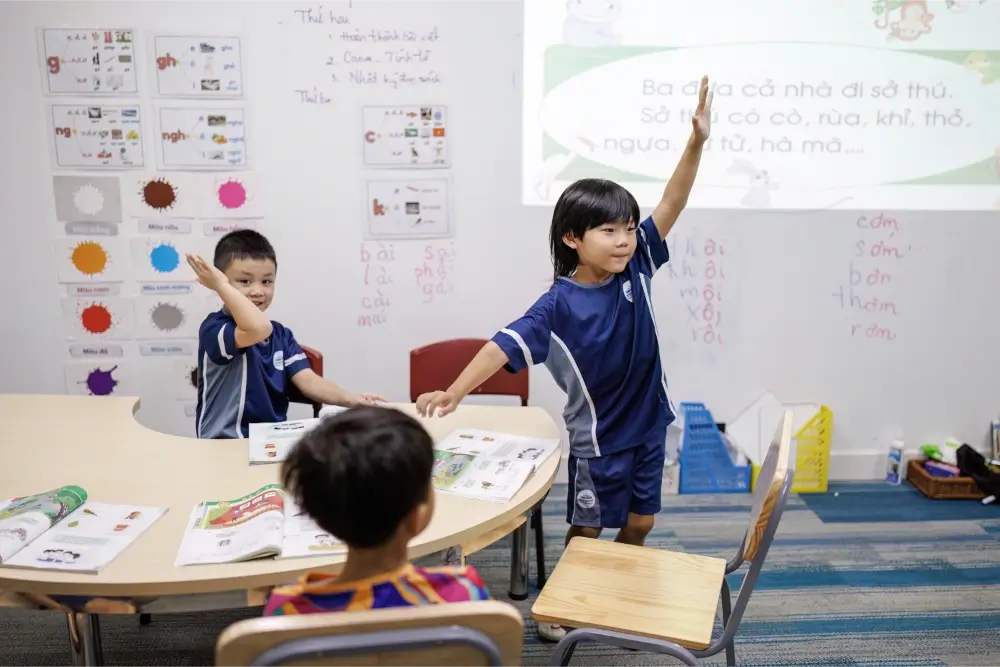
When children return to school behind where they left off, teachers must spend valuable weeks reviewing old material. This cycle slows overall progress and reduces time for new learning. Students who experience this consistently over multiple summers often fall behind their peers.
Educators who promote inquiry-based learning see better retention across long breaks. ISHCMC, for example, prepares students to ask questions, set goals, and explore learning independently. These skills carry through the summer, helping students stay curious and engaged.
How To Prevent Summer Learning Loss During The Break
The best summer learning routines feel natural and manageable. These seven practices give students practical ways to grow during the school holiday while still enjoying their time.
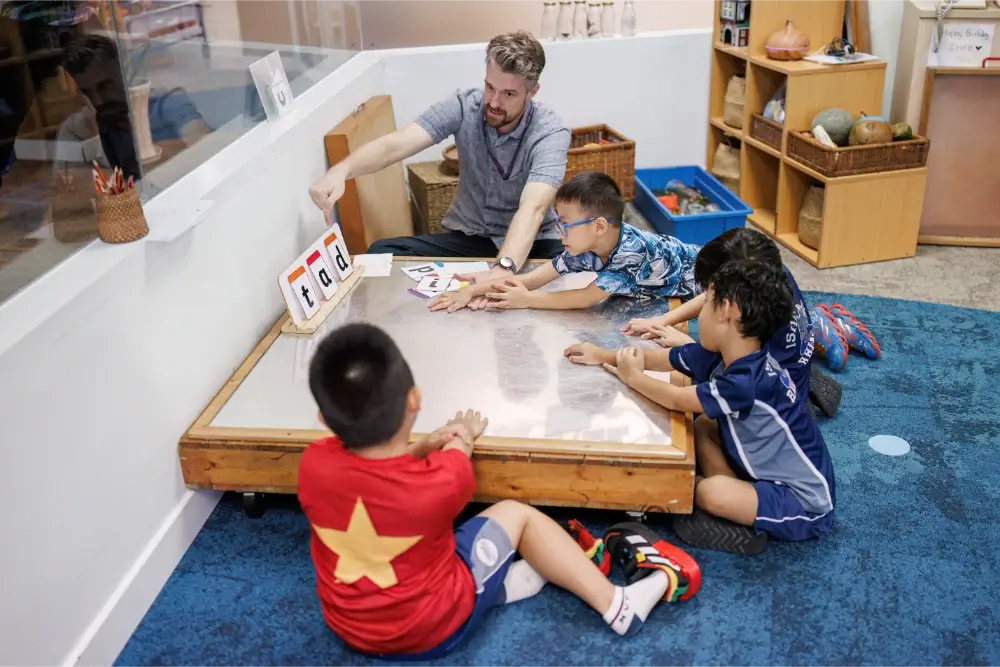
1. Encourage Daily Reading Routines
Daily reading strengthens comprehension, vocabulary, and memory. Students who read consistently over the summer return to school with stronger language skills. Reading for 20 minutes daily creates a habit that protects against academic loss.
Encourage students to select books that match their interests. While some may enjoy fantasy, others might prefer biographies, science articles, or illustrated stories. Support their choices to make reading a meaningful experience. For younger children, read together and ask open questions to guide their thinking and deepen their understanding.

Reading also strengthens critical thinking and comprehension skills that students use across all subjects. When children engage with various texts such as fiction, nonfiction, and informational content, they expand their understanding of language, ideas, and different perspectives. Families can support this by asking open-ended questions, discussing themes, and encouraging children to relate what they read to their own experiences.
2. Make Learning Active Through Projects And Play
Children absorb knowledge best when they apply it. During the summer, project-based activities bring school subjects into daily life. These experiences also allow students to plan, create, and solve problems.
Consider activities that combine fun with thinking:
- Design a backyard science experiment
- Build simple machines with everyday materials
- Cook together and measure ingredients
- Create a short documentary on a topic of interest
These projects mirror how ISHCMC approaches learning through inquiry and action. Teachers guide students to explore meaningful questions through hands-on work. At home, parents can offer similar experiences that allow students to stay engaged without pressure.
3. Keep Math Skills Sharp With Real-World Problems
Mathematics requires regular practice. Without it, students lose fluency and fall behind. Daily activities offer many chances to apply math in real situations.
Encourage your child to use math daily to strengthen fluency and problem solving. For example, ask them to estimate the total cost while shopping, track and compare scores during games, measure materials for a home project, or calculate the time needed to complete a task or plan a trip. These activities help reinforce core concepts and build confidence in applying math outside the classroom.
You can also introduce tools such as math games or learning apps that match your child’s skill level. Choose platforms that provide clear feedback, aligning with their pace, and reward progress to keep motivation high. This consistent practice supports a deeper understanding of numbers and patterns.
At ISHCMC, students develop mathematical thinking through problem-solving. The curriculum connects abstract ideas to everyday life. During the summer, you can support this by highlighting how math helps us understand the world around us.
4. Explore Summer Enrichment Programs
High-quality summer programs provide structure and stimulation. Choose programs that combine creativity, academics, and personal growth. These may include camps in robotics, arts, languages, or athletics.
A few weeks in the right environment can help your child gain new skills and stay motivated. Look for programs that promote collaboration, exploration, and confidence.
ISHCMC provides enrichment through diverse after-school activities, academic clubs, and creative workshops, extending learning in engaging and meaningful ways. During summer, families can explore similar programs that align with their child’s interests and goals.
5. Integrate Technology The Smart Way
Technology supports learning when used with purpose. Online platforms can help students review material, practice new skills, or complete creative projects. Maintaining balance is essential by structuring screen time thoughtfully and ensuring your child stays physically active throughout the day.
Several online tools can support learning by offering interactive lessons, creative challenges, and opportunities for independent practice. These platforms offer personalized content that matches your child’s level and reinforces concepts through engaging practice.
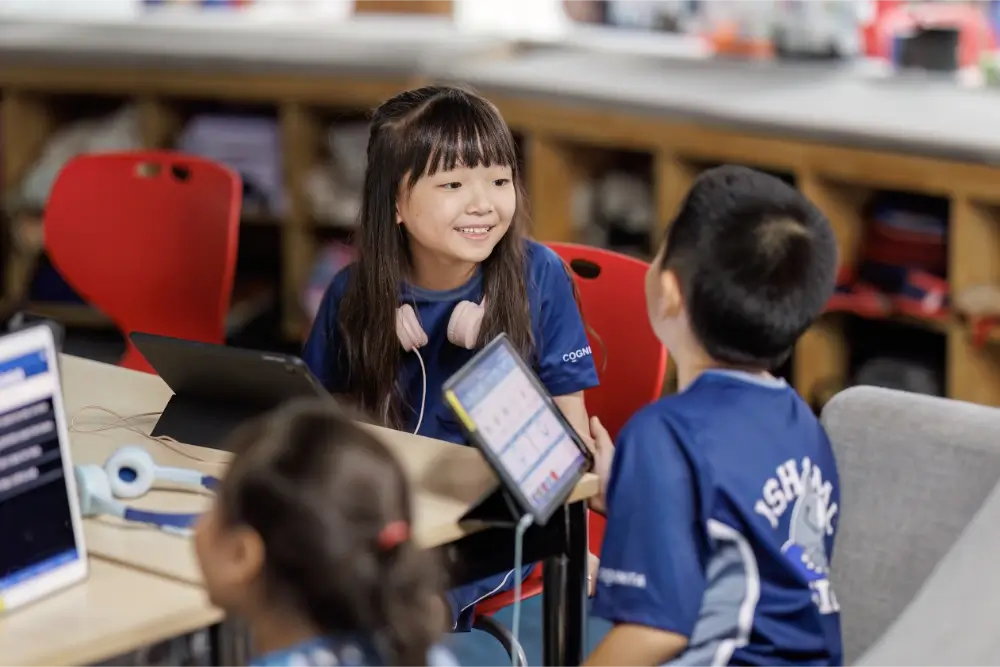
Look for educational websites or apps that introduce basic coding, encourage digital storytelling, or support vocabulary and subject review. These tools let students create content to deepen understanding and build confidence. When used purposefully, technology can support continued academic growth and inspire creative exploration.
At ISHCMC, students use digital tools to design, research, and collaborate. Teachers focus on digital responsibility and innovation. At home, guide your child to use technology to build rather than consume. This practice reinforces discipline and builds technical fluency.
6. Support Social And Emotional Growth
Social and emotional development shapes how students manage learning. During summer, children may lose structure or regular peer interaction. Support this part of their growth through clear routines, family conversations, and emotional check-ins.
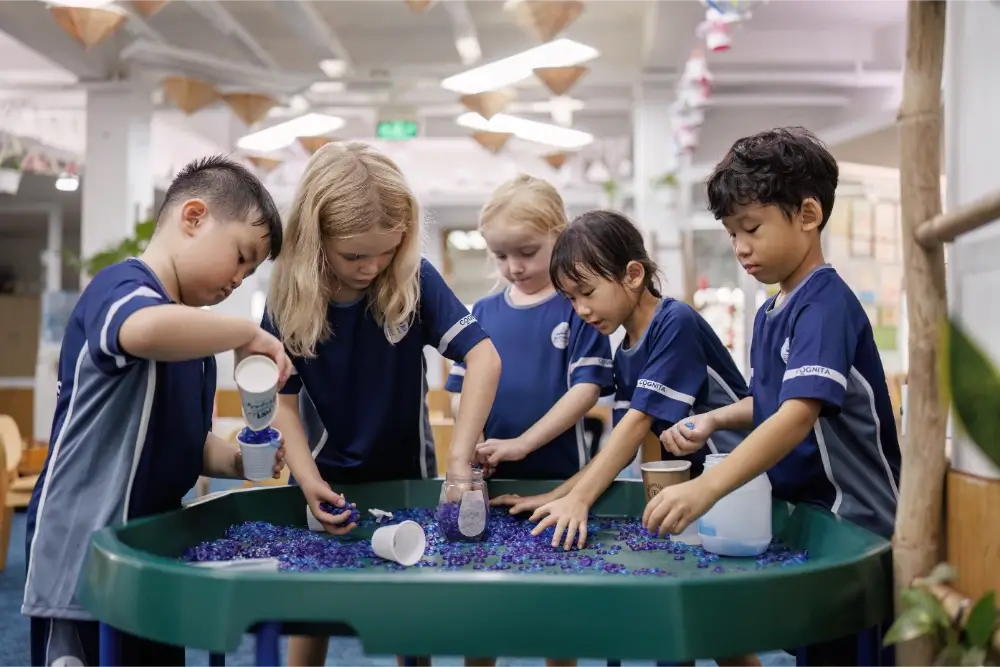
Encourage students to:
- Keep a daily journal to reflect on thoughts and feelings
- Practice gratitude through short daily lists
- Role-play real-life situations to build empathy
- Join group activities that promote teamwork
ISHCMC focuses on social-emotional learning across all ages. Teachers model empathy, resilience, and respectful communication. Parents can mirror these values at home by helping students name emotions, set goals, and navigate challenges.
7. Build Independence Through Self-Directed Learning
Summer offers space for students to explore freely. Support independent learning by letting your child pursue a personal project from start to finish. This builds initiative and problem-solving ability.
Some examples include:
- Writing a short story or creating a digital zine
- Starting a small garden or home science lab
- Learning how to cook, sew, or fix something
- Building a website to showcase personal work
ISHCMC teaches students how to set goals and reflect on their progress. From Primary Years to the Diploma Programme, students take charge of their learning. When families support independent projects over the summer, students return to school with a stronger sense of ownership and purpose.
Preparing For A Confident Return To School
When students engage meaningfully during summer, they begin the school year with confidence, clarity, and momentum. Each reading session, project, or conversation contributes to a smoother transition and a more successful year ahead.
At the International School of Ho Chi Minh City, learning extends beyond the classroom. Students develop essential skills that support continuous growth. Inquiry, collaboration, and reflection remain integral to their journey through every season and into the future.
Apply today to secure a place for your child at ISHCMC.

